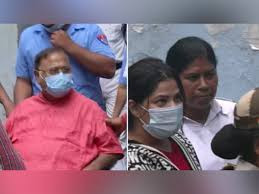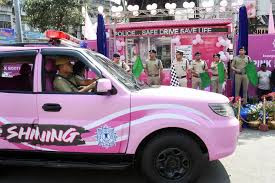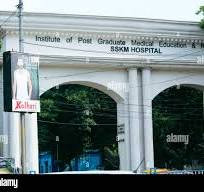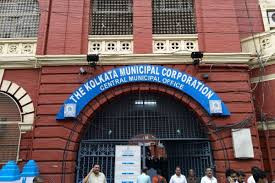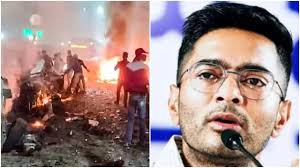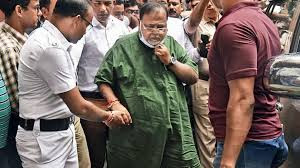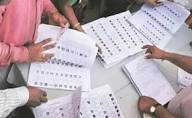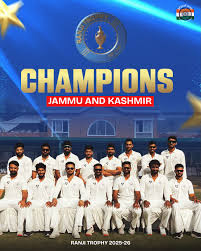Mamata Banerjee Accuses BJP Governments of Targeting Bengali Speakers Across India
IIE DIGITAL DESK : Kolkata, June 17: West Bengal Chief Minister Mamata Banerjee has once again taken sharp aim at the Bharatiya Janata Party (BJP), alleging that its governments in various states are targeting citizens solely because they speak Bengali. The Trinamool Congress (TMC) chief accused the BJP of engaging in divisive politics that threaten the unity and diversity of the nation.
Addressing a public gathering in Kolkata, Banerjee made a passionate appeal for linguistic and cultural respect, claiming that Bengali-speaking citizens, especially migrants, students, and workers in BJP-ruled states, are increasingly being singled out for discrimination and harassment. She alleged that Bengali speakers are often treated as outsiders and subjected to unfair treatment simply for speaking their mother tongue.
“Just because someone speaks Bengali, they are being targeted, harassed, and labelled. This is not acceptable in a democratic country,” Banerjee said, drawing applause from the audience. “India belongs to everyone. Language should not be used as a weapon to divide its people.”
Though she did not name any particular state, her remarks are believed to be in response to several recent incidents reported from outside West Bengal, where people from the state have complained of linguistic bias and exclusion from local welfare programmes. Banerjee cited such instances as evidence of what she termed a "growing climate of intolerance" under BJP rule.
She further alleged that the BJP was attempting to impose a uniform language and culture, undermining the pluralistic nature of Indian society. “They want to control what we eat, what we wear, and now, even what we speak. But Bengal will never accept such control. We are proud of our language and culture,” she declared.
The Chief Minister’s comments come amid a broader national conversation on identity politics, with language emerging as a contentious issue in several states. The BJP, meanwhile, has strongly dismissed Banerjee’s accusations. Senior party leaders called her statements “irresponsible” and “politically motivated.”
A Bengal BJP spokesperson responded, “Mamata Banerjee is inventing issues to deflect attention from corruption and law and order problems in her own state. No citizen is targeted because they speak Bengali. These are tactics to stir up regional sentiments.”
Banerjee, remained undeterred. She linked the alleged discrimination to the BJP’s controversial citizenship policies, including the National Register of Citizens (NRC) and the Citizenship Amendment Act (CAA). She reiterated her strong opposition to both, claiming that such measures disproportionately affect Bengalis and Muslims.
“They are trying to make people feel like refugees in their own country. But Bengal will resist. We will not let them take away the rights of our people,” she asserted.
Political analysts see Banerjee’s remarks as part of her broader strategy to position herself as a defender of regional identity and federal values. With municipal and panchayat elections approaching in West Bengal, her speech was also viewed as a message to consolidate support among Bengali-speaking voters and counter the BJP’s growing presence in the state.
While the BJP and TMC continue their heated exchanges, the issue has once again brought into focus the delicate balance between national unity and regional diversity in India. Mamata Banerjee’s forceful defense of linguistic identity may resonate with many who feel marginalized, even as it deepens the rift between regional leaders and the ruling party at the Centre.
You might also like!



